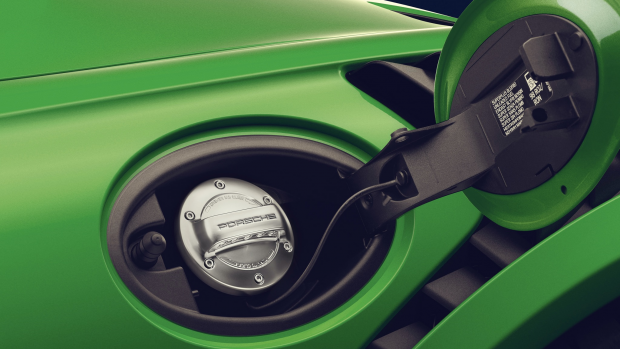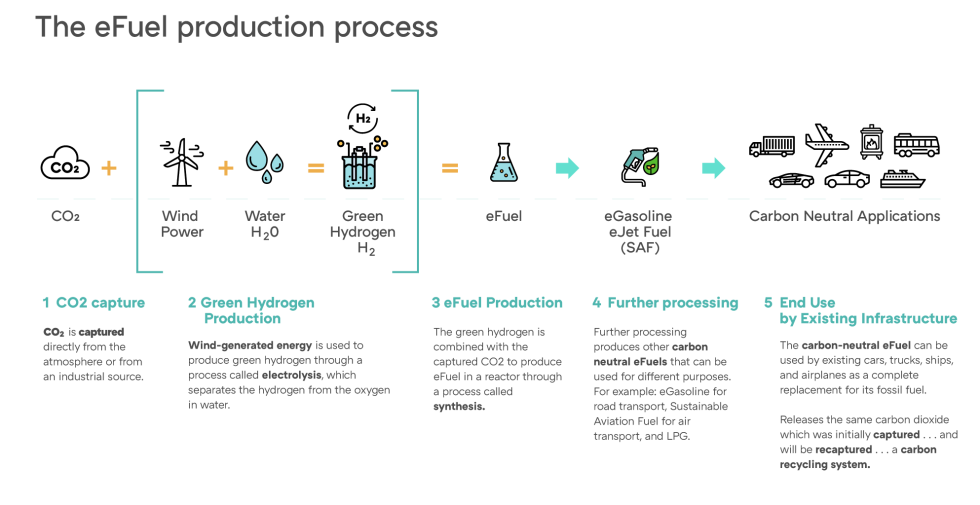
Breaking News
 America's Streets Are Filled With Poop, And Billions Of Gallons Of Untreated Wastewater...
America's Streets Are Filled With Poop, And Billions Of Gallons Of Untreated Wastewater...
 3 Million Pages of Child Sex Trafficking, So, What Is the FBI Doing?
3 Million Pages of Child Sex Trafficking, So, What Is the FBI Doing?
 Communists Once Again Suck At Hockey
Communists Once Again Suck At Hockey
 Grand Theft World Podcast 274 | Epstein Apocalypse with Guest Santos Bonacci
Grand Theft World Podcast 274 | Epstein Apocalypse with Guest Santos Bonacci
Top Tech News
 New Spray-on Powder Instantly Seals Life-Threatening Wounds in Battle or During Disasters
New Spray-on Powder Instantly Seals Life-Threatening Wounds in Battle or During Disasters
 AI-enhanced stethoscope excels at listening to our hearts
AI-enhanced stethoscope excels at listening to our hearts
 Flame-treated sunscreen keeps the zinc but cuts the smeary white look
Flame-treated sunscreen keeps the zinc but cuts the smeary white look
 Display hub adds three more screens powered through single USB port
Display hub adds three more screens powered through single USB port
 We Finally Know How Fast The Tesla Semi Will Charge: Very, Very Fast
We Finally Know How Fast The Tesla Semi Will Charge: Very, Very Fast
 Drone-launching underwater drone hitches a ride on ship and sub hulls
Drone-launching underwater drone hitches a ride on ship and sub hulls
 Humanoid Robots Get "Brains" As Dual-Use Fears Mount
Humanoid Robots Get "Brains" As Dual-Use Fears Mount
 SpaceX Authorized to Increase High Speed Internet Download Speeds 5X Through 2026
SpaceX Authorized to Increase High Speed Internet Download Speeds 5X Through 2026
 Space AI is the Key to the Technological Singularity
Space AI is the Key to the Technological Singularity
 Velocitor X-1 eVTOL could be beating the traffic in just a year
Velocitor X-1 eVTOL could be beating the traffic in just a year
This synthetic-fuel startup just got $75 million from Porsche

In 2021, Porsche announced that it was starting to work with synthetic fuels. The company is rather proud of the fact that so many of the cars it has built over the decades are still on the road and recognizes that the only way to maintain that in an increasingly climate-blighted future will be with synthetic gasoline that's made with carbon sucked from the air.
In September last year, the Haru Oni pilot plant, built for that very purpose, broke ground in Punta Arenas in Chile. That plant was funded in part by Porsche as well as Siemens Energy and ExxonMobil but is being built and will be operated by a Chilean startup called HIF Global. On Wednesday Porsche announced that it was investing $75 million to buy a 12.5 percent stake in the startup.
The efuel-making process at Haru Oni starts by capturing CO2 from the air and using wind power to electrolyze water into hydrogen and oxygen. The carbon and hydrogen are used to synthesize methanol, and the methanol is then turned into longer hydrocarbons using ExxonMobil's methanol-to-gasoline process.




